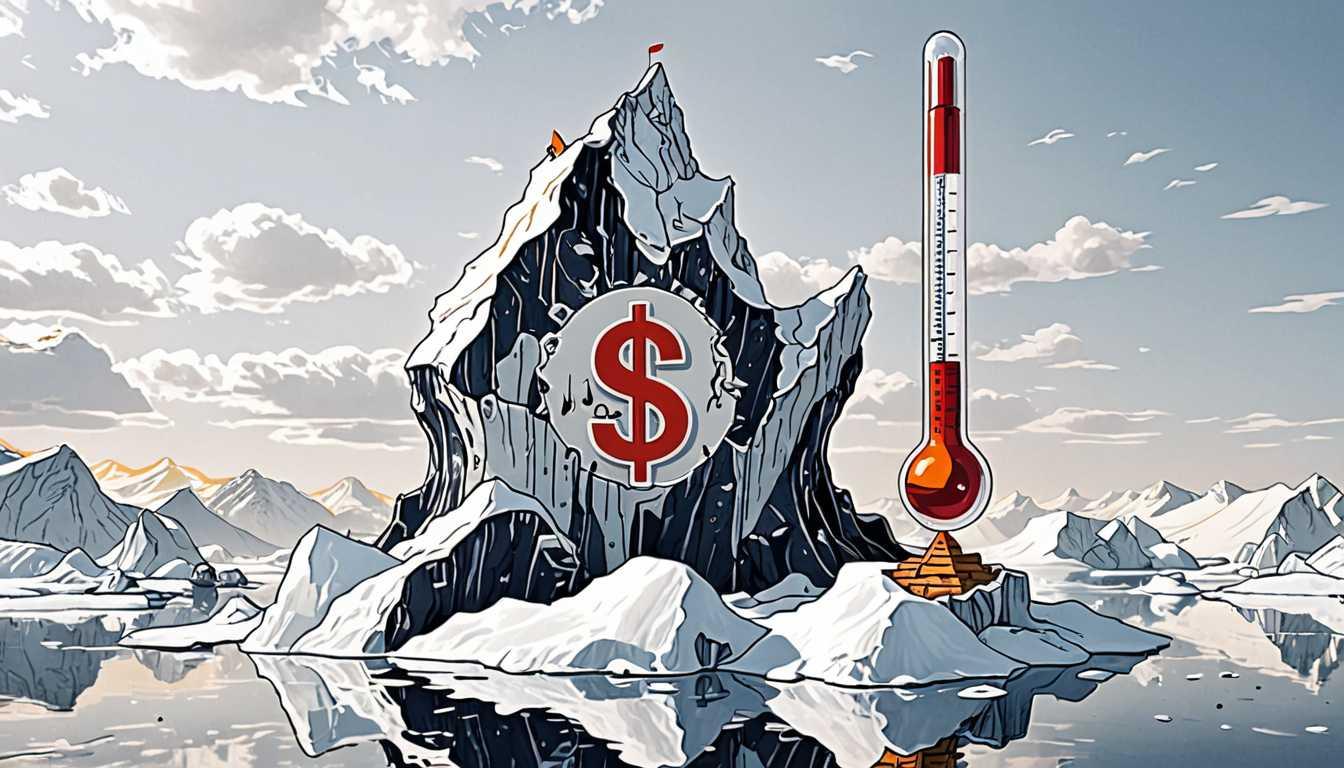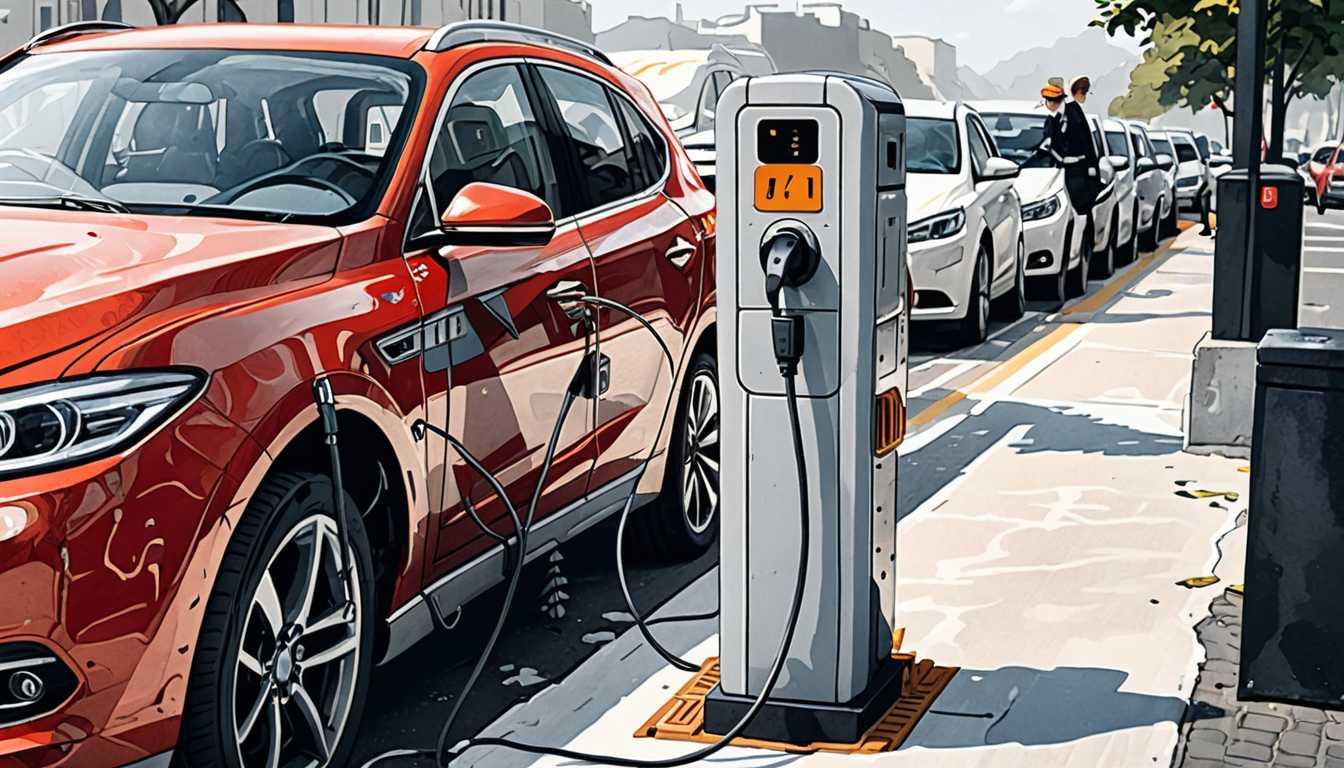Willing to Pay for Clean Air?
September 2023
London School of Economics (LSE)
Introduction
Dive into the intriguing world of coal power and its alternatives with the London School of Economics! Azhar Hussain unravels how people living near coal plants feel about air quality and if they’re willing to pay for a greener future. From global surveys to the economics of clean air, this article is a treasure trove of insights on the shift towards renewable energy. Ready to explore how your breath of fresh air might just save the planet?
READ FULL ARTICLEWhy It Matters
Discover how this topic shapes your world and future
Clearing the Air on Coal Power
Imagine living in a world where the air you breathe is so polluted, it's visible. This isn't a scene from a dystopian novel; it's a reality for millions living near coal-fired power plants. The burning of coal for energy is a major contributor to air pollution and climate change, affecting everything from our health to the global economy. But what if communities could choose a cleaner future? The idea of transitioning from coal to renewable energy sources like wind and solar isn't just a dream—it's becoming increasingly feasible. This shift matters because it represents a pivotal step towards mitigating climate change, improving public health, and fostering sustainable development. By understanding the impact of coal power and exploring the potential for green energy, you can be part of a generation that champions a healthier planet. This topic isn't just about global policies; it's about how choices in energy use affect your life and the lives of people around the world.
Speak like a Scholar
Renewable Energy
Energy that comes from sources that naturally replenish, such as sunlight, wind, and water. Unlike coal, these sources don't run out or pollute the air.
Climate Change
A long-term change in the Earth's climate, primarily due to human activities like burning fossil fuels, which releases greenhouse gases into the atmosphere.
Air Quality
A measure of how clean or polluted the air is. Poor air quality can harm health, especially for people living near pollution sources like coal plants.
Sustainable Development
Development that meets the needs of the present without compromising the ability of future generations to meet their own needs. It balances economic growth, environmental protection, and social well-being.
Energy Storage Technology
Technologies used to store energy for later use. This is key for renewable energy, as it allows us to use solar power at night or wind power during calm periods.
Life Satisfaction
A measure of how people evaluate their life as a whole rather than their current feelings. It's used in studies to assess the impact of various factors, like air quality, on well-being.
Independent Research Ideas
The Psychology of Environmental Action
Explore how awareness of air pollution and its effects influences individuals' support for renewable energy initiatives. This could delve into the role of education in shaping environmental consciousness.
Innovations in Energy Storage
Investigate new developments in energy storage technology and their potential to make renewable energy more reliable and widespread. This could include case studies of successful implementations around the world.
Economic Impacts of Transitioning to Green Energy
Analyze the economic benefits and challenges of moving from coal to renewable energy sources. Consider job creation in the renewable sector versus job losses in coal industries.
Comparative Study of Air Quality Perceptions
Conduct a comparative study on perceptions of air quality in countries at different stages of development. This could reveal how economic priorities influence environmental concerns.
The Role of Policy in Green Energy Transition
Examine how different countries' policies have succeeded or failed in encouraging the shift away from coal power. This could include looking at incentives for renewable energy investment or penalties for pollution.
Related Articles

Climate Change: The Economic Wake-Up Call
August 2024
Harvard Gazette

Heat Pumps: Equality's New Frontier
June 2023
MIT Technology Review

EV Tax Credits: Green Light or Red Flag?
October 2024
UC Berkeley NewsCenter

Renewables: The Economy's Supercharger
June 2023
Phys Org

Saving Tomorrow, Today
May 2023
Massachusetts Institute of Technology (MIT)